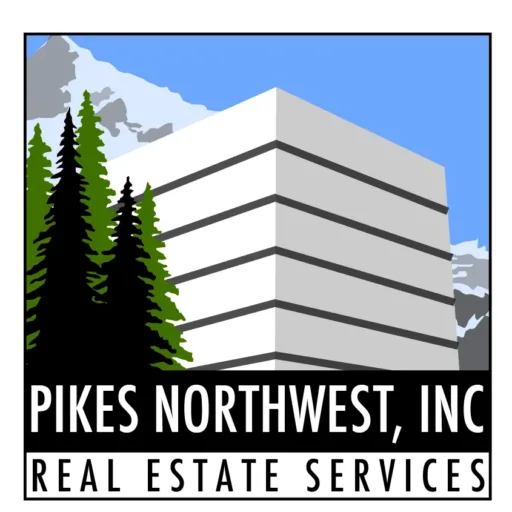Market downturns can make for interesting opportunities for investors and developers. We’re in such a time right now. If I had written this article earlier in the month of March vs. early April, it may well have a different slant. What next week or next month holds for us here locally in Oregon, is, I believe, becoming clearer – and my opinion is that it’s not a completely grim outlook, but rather, I believe Oregon will experience a sound, solid, steady recovery given the low overall number of cases of COVID-19 compared to our neighbor to the north and our ability to rebound and get back to work. Everyone I talk to is eager to get back at it.
Nonetheless, the damage is done. There are some small businesses who just won’t recover. Some of those may well be leveraged in a property they can no longer afford. Based on our portfolio, this commercial property manager and broker’s perspective is that the vast majority of our tenants are hanging in there. Some see a glimmer of light at the end of the tunnel because they adjusted their business model – they didn’t just throw in the proverbial towel. Our restaurant tenants, if they’ve been able to provide “take-out” or otherwise adapt, are pushing through albeit not easily. Bar owners on the other hand, have an outlook that is likely different unless they’ve also adapted to “take-out.” However, it’s difficult to get a pool table in a take-out bag or replicate a pub’s Friday afternoon or evening crowd and revenue when everyone is under a “stay-at-home” order and socially distancing. So, beer in a Growler is it.
For America, the challenge is, at the time of this writing, well over 17,000,000 people have applied for unemployment – the highest percentage of the population since the Great Depression. Consumers are working less or not working at all. Air traffic is down 96% according to TSA screenings. United Airlines is losing $100,000,000 a day. Those are but a few impactful “headlines.”
Bottom line? We all know it: This is unsustainable. We need to get back to work. And, we need to do it ASAP. We need pragmatic solutions from leadership that allow for an economic recovery to begin and soon. I realize this is a controversial question, but someone needs to ask it: Is an honest debate about the value of allowing this virus to run its course, as do all others, while protecting the vulnerable of our population, in order?
Back to opportunities in market downturns. When you’re looking at distressed properties in times like this, keep in mind it’s like making a loan. Ask yourself: What’s the potential risk:reward? Is there sufficient upside if you are required to hold the property for an indeterminate amount of time? What are the sources of revenue for the tenants – i.e. what business are they in? What market do they serve? (Or considering potential tenants – right now, we’re seeing what have traditionally been stable tenants in downturns suffer and hemorrhage.) Improvements vs. repairs? Deferred maintenance? How did the property and or its tenants fair during the ’08 recession? Early 90s? What about 1982 when interest rates exploded to 21%?
Every property “deal” is situational. And yes, in rare cases, if the price and/or terms are right, you can afford to overpay.
Keeping these questions in mind will help you avoid potentially disastrous investments no matter what the economy is doing or might do. And, frankly, during any market – one headed up, headed down or sideways.
A serious conversation with a local commercial property manager who’s working in the trenches with tenants day-in and day-out, may well provide you with a different view of a property and its potential during your due diligence phase. Reach out if we can help.

 My name is Alyssa Flores. I was raised here in Salem, Oregon. I’ve been working in property management for the past 6 years, and am excited to be part of the Pikes Northwest team. In my spare time I enjoy being with my family and friends.
My name is Alyssa Flores. I was raised here in Salem, Oregon. I’ve been working in property management for the past 6 years, and am excited to be part of the Pikes Northwest team. In my spare time I enjoy being with my family and friends. My experience in property management spans 15 plus years including selling homes in Southern CA. I relocated back to the NW after 20 plus years and I’m really enjoying the beauty of the seasons! I’m excited to add more Commercial Property Management experience to my skill set!
My experience in property management spans 15 plus years including selling homes in Southern CA. I relocated back to the NW after 20 plus years and I’m really enjoying the beauty of the seasons! I’m excited to add more Commercial Property Management experience to my skill set!